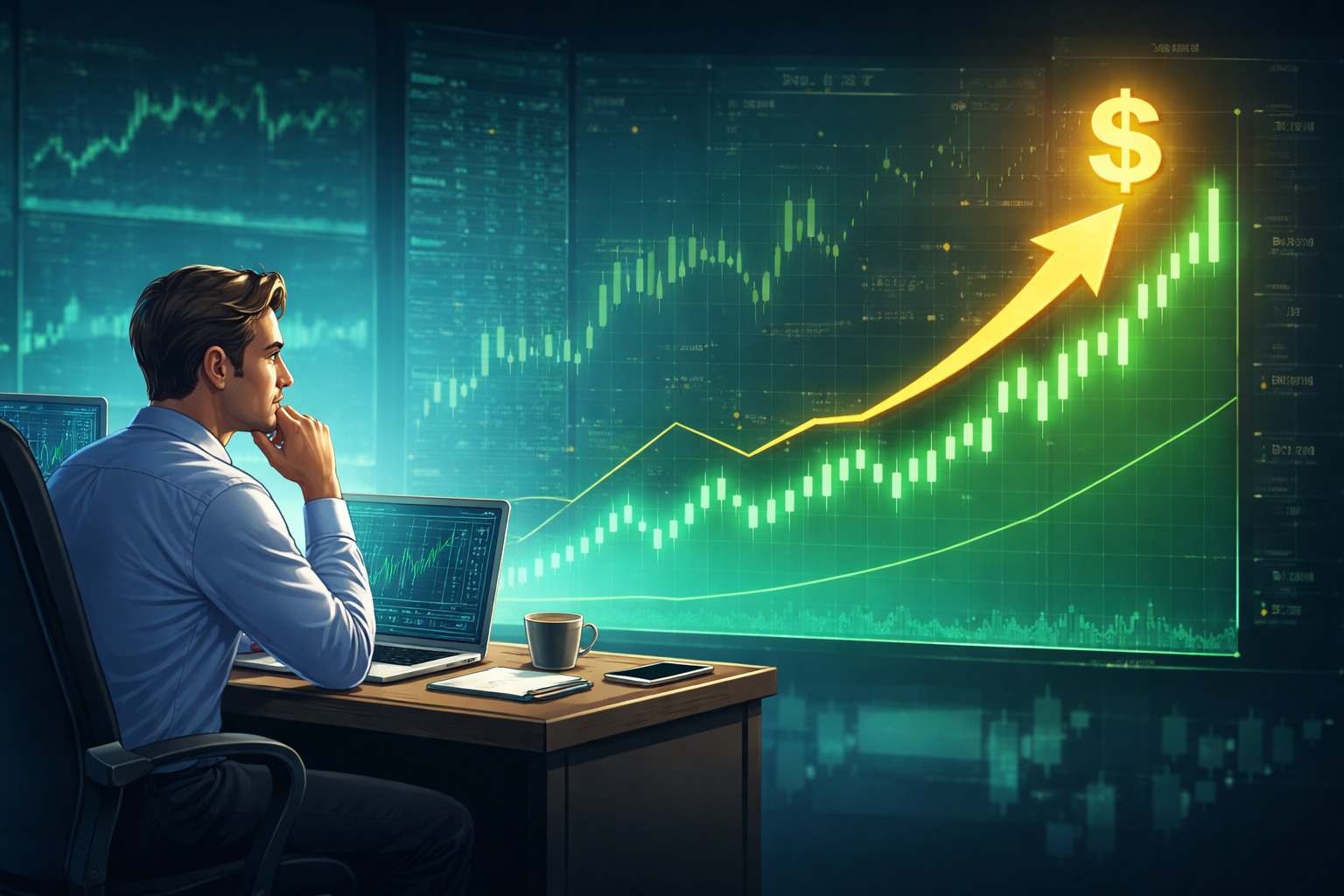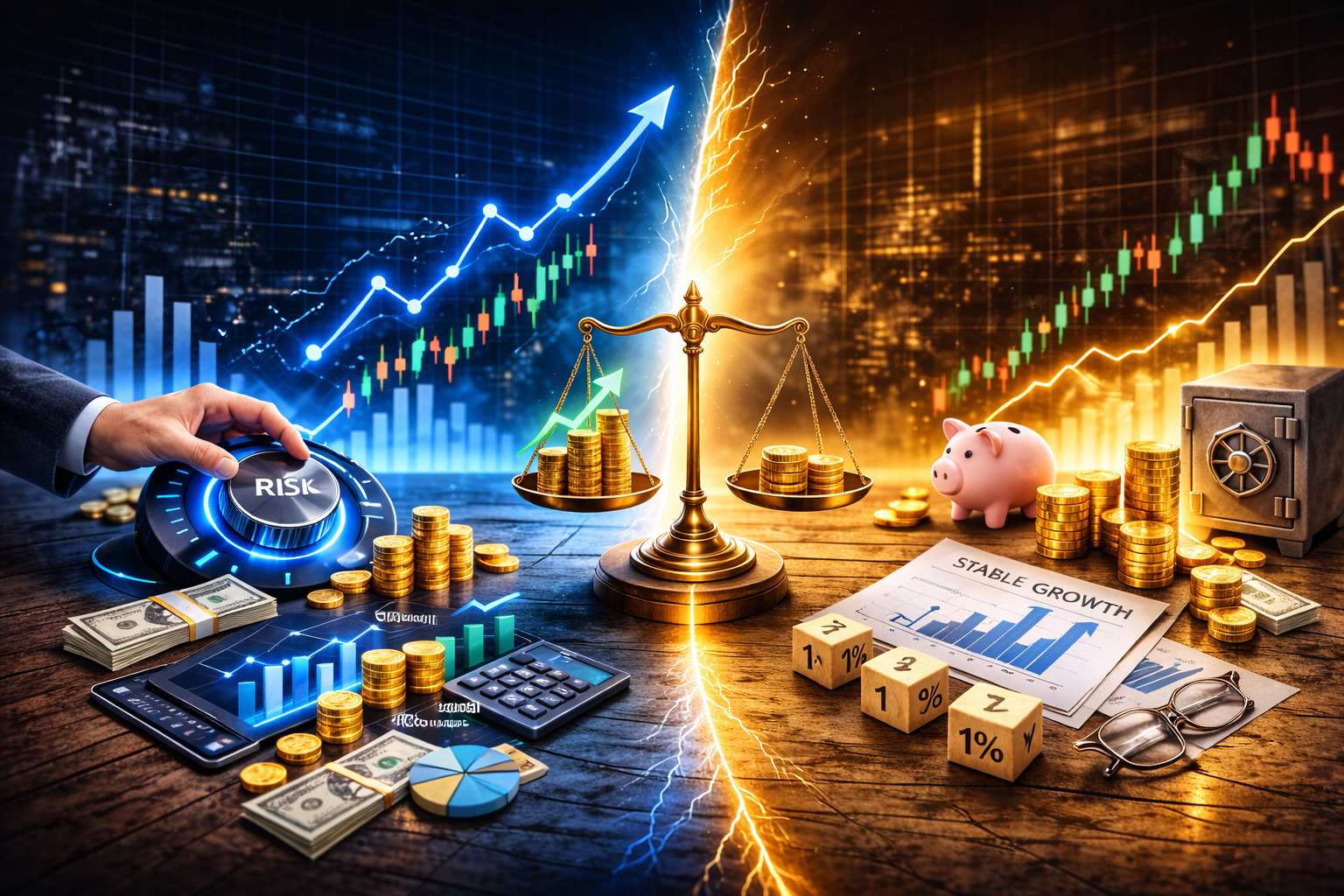✅Forex and Geopolitics Explained: From Elections to Sanctions
Introduction
Forex and Geopolitics are inseparable forces shaping today’s currency markets. The Forex market, the largest and most liquid financial market in the world, is influenced daily by millions of economic, psychological, and political factors. Contrary to the belief of many beginners who think price changes are solely the result of supply, demand, or economic data, the truth is that geopolitics and politics play a crucial role in driving currency volatility. Elections, wars, sanctions, international agreements, and even a single political speech can shift billions of dollars across global markets within minutes.
According to Investopedia, political decisions and global events are among the most important drivers of exchange rate movements. At FastPip, we monitor these geopolitical events closely and turn them into actionable Forex signals, helping traders manage risk and capture profitable opportunities.
Why Forex and Geopolitics Matter for Traders
Geopolitics, in its simplest definition, is the interaction between politics, geography, and global economics. Currencies are a direct reflection of a nation’s economic and political strength. When a country faces political instability or international conflict, its currency often comes under pressure.
For example, the European debt crisis from 2010 to 2012 weakened not only the euro but also the entire Eurozone economy. Traders who focused only on technical charts missed much of the unexpected market movement caused by geopolitical uncertainty.
Forex and Geopolitics: How Elections Shape Currency Markets
Elections are among the most powerful political events with immediate effects on exchange rates.
- U.S. Presidential Elections: The U.S. dollar, as the world’s reserve currency, often sees sharp moves after elections. A new president’s trade, fiscal, or foreign policies can quickly change global capital flows.
- European Elections: Results of EU parliamentary or national elections can directly impact the EUR/USD. The success or failure of pro-Euro or anti-Euro parties often sets market sentiment.
- Emerging Markets: Elections in countries like Brazil or Turkey have repeatedly caused extreme volatility in their local currencies, as investors reprice political risk.
Geopolitics, Trade Policies, and Their Forex Impact
Governments influence currencies through their fiscal and trade decisions:
- Tax and Tariff Changes: Adjustments in import/export tariffs directly impact trade balances and exchange rates.
- Trade Agreements: Deals such as NAFTA or the U.S.–China trade agreement had major effects on the dollar and the yuan.
- National Budgets: Excessive government spending often weakens the local currency by increasing debt and inflationary pressures.
Forex and Geopolitics: Sanctions and Currency Volatility
Sanctions are geopolitical tools that directly pressure national currencies.
- Iran: International sanctions caused the Iranian rial to collapse and increased demand for foreign currencies.
- Russia: After the invasion of Ukraine, the ruble plunged despite central bank interventions to stabilise it.
- Venezuela: A combination of sanctions and poor domestic policies led to hyperinflation and the near-total collapse of the bolívar.
For Forex traders, sanctions usually mean new opportunities, as they trigger high volatility in affected currencies.
How Wars and Geopolitics Move Forex Markets
Wars are traditionally one of the largest sources of instability in Forex markets.
- The Gulf War (1990–1991): Boosted both the U.S. dollar and oil prices.
- The Ukraine War (2022): Heavily weakened the euro and the ruble, while safe-haven currencies like the dollar and Swiss franc surged.
- East Asian Tensions: Often drive demand for the Japanese yen, as Japan is seen as a stable and secure economy.
Wars create both risks and opportunities. With strong risk management, traders can benefit from short-term volatility.
Forex and Geopolitics in History: Key Case Studies
- U.S. Elections 2016
The surprise victory of Donald Trump initially caused the dollar to drop, but promises of tax cuts and fiscal expansion soon pushed it higher.
- Brexit Referendum
The 2016 decision by the UK to leave the EU sent the British pound to its lowest level in 30 years.
- Sanctions on Russia
Western sanctions not only weakened the ruble but also disrupted global energy and oil prices.
- COVID-19 Pandemic (2020)
During the early pandemic, the dollar and yen strengthened as safe havens, while emerging market currencies collapsed.
Central Bank Reactions to Political Events
Central banks are the main stabilisers during political crises:
- Raising Interest Rates: To prevent capital flight and support the local currency.
- Direct Currency Intervention: Buying or selling foreign reserves to stabilise exchange rates.
- Stimulus Packages: To restore investor confidence.
A prime example is the Bank of Japan, which has intervened multiple times to limit excessive yen appreciation.
Forex and Geopolitics: Safe-Haven Currencies in Crises
Some currencies are trusted during global instability because of the economic and political strength behind them:
- U.S. Dollar (USD)
- Swiss Franc (CHF)
- Japanese Yen (JPY)
Investors often shift into these currencies during crises, driving their value higher.
Trading Strategies During High Political Risk
- News Trading: Exploiting post-announcement volatility from political events.
- Hedging: Using offsetting positions in correlated pairs to reduce risk.
- Scalping: Taking advantage of sharp, short-term price swings.
Risk Management During Elections and Crises
No factor is more important in Forex than risk control:
- Always use stop-loss orders.
- Reduce trade sizes during high-risk events.
- Diversify across currency pairs.
- Closely follow political calendars and economic events.
Turning Geopolitical News into Trading Opportunities
- Monitor economic calendars and breaking news feeds.
- Follow credible global outlets such as Bloomberg, Reuters, and the Financial Times.
- Analyze the initial reaction versus the long-term market trend.
- Combine technical and fundamental analysis for stronger decisions.
The Role of Media and Analysts in Market Expectations
Media outlets often amplify market volatility with bold headlines. Likewise, forecasts from major bank analysts can shift global flows. Traders must distinguish between real news and speculation to avoid costly mistakes.
The Future of Geopolitics and Forex in a Multipolar World
The world is moving toward multipolarity: the U.S., China, the EU, and Russia all competing for influence. This rivalry will likely lead to greater currency volatility. Central Bank Digital Currencies (CBDCs) may also introduce new geopolitical dynamics into Forex trading.
The Role of Institutional Investors in Political-Economic Events
Large players such as pension funds, hedge funds, and investment banks usually react quickly to geopolitical events. By moving billions of dollars, they can shape market direction in the short term. Understanding institutional behaviour helps retail traders anticipate big moves.
Lessons Traders Should Learn from History
Every political crisis teaches traders one essential lesson: preparation is survival in Forex.
- U.S. elections proved markets don’t always follow polls.
- Brexit showed that a single political event can weigh on a currency for years.
- Sanctions on Russia and Iran highlighted how geopolitics can overshadow monetary policy.
By learning from these historical patterns, traders can build resilience for future crises.
Conclusion
Geopolitics and politics are inseparable from Forex markets. From elections and sanctions to wars and trade deals, all these factors directly impact exchange rates. For professional traders, ignoring political realities means overlooking half the forces that drive price action.
To succeed in Forex, traders should:
- Combine technical analysis with political fundamentals.
- Place risk management at the core of every trade.
- Treat geopolitical news as opportunities, not just threats.
- Learn from past crises and prepare for future shocks.
Ultimately, Forex will always move in sync with geopolitics. Traders who recognise this connection can avoid major losses and even profit significantly from politically driven volatility.




